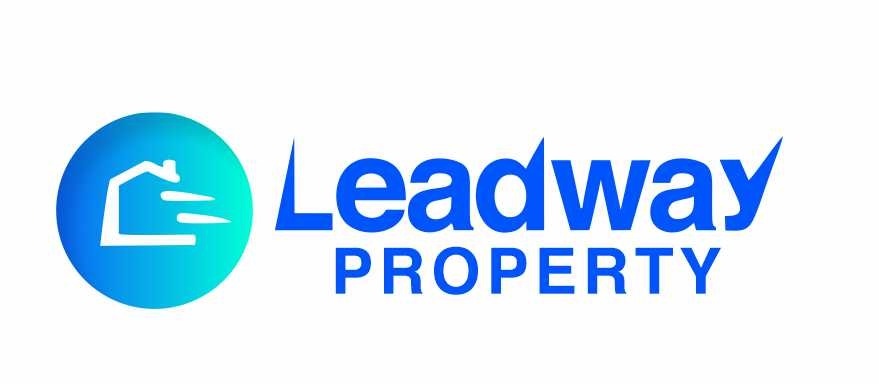A short sale is a process where you sell your home for less than what you owe, and the lender agrees to forgive part of what you owe on that loan.
A foreclosure will happen if you don’t make payments or can’t afford them, so it doesn’t make sense for both parties involved to wait around until they find another buyer who can pay more than what’s owed on their loan.
The word “foreclosure” can be scary. But it’s not the same thing as a short sale, and there are some important differences between the two processes. If you’re thinking about selling your home and wants here are 5 differences between foreclosure and short sales in Real Estate that you should know.
- Short sales and foreclosures are two ways in which homeowners can sell their homes for less than what they owe on the mortgage.
In a short sale, you negotiate with the lender to get them to accept less than the amount owed. The difference between what you owe and what your house is worth determines how much money you will receive as a lump sum or over time as monthly payments from escrow (the account where all funds related to real estate transactions are held).
Foreclosure is when a lender takes ownership of a property after repeated missed payments or other defaults by its owner.

- A foreclosure can impact your credit score for 7 years.
If you’re going through the foreclosure process, it’s important to know that this will impact your credit score for up to 10 years.
In general, if a lender reports a late payment or other negative information about you on one of your three major bureaus (Equifax and Experian are called “traditional” bureaus; TransUnion is called an “alternative”), they’ll use that data in calculating how much money they’ll give you as part of their loan agreement with you—and how much interest they charge on that loan. When a lender reports information about someone who has defaulted on their mortgage payments (or who has been sued over unpaid bills), it can lower their score by 100 points or more!
- You have more time to find a buyer in a short sale.
In most cases, lenders are only going to approve buyers who have already been approved by the bank itself—and even then they may require some sort of proof that indicates how much money those potential buyers will bring into house prices in general (i.e., “Can we trust this person?”). So if a bank says no due diligence checks should be done before approving someone else’s application then there isn’t much reason for concern when considering foreclosure vs Short Sale options because there are plenty out there willing (or able) enough financially speaking!

- You might owe taxes after a foreclosure.
If you have to pay taxes on the amount of money you still owe after a foreclosure, your state will likely require you to file a tax return. The IRS has different rules for foreclosures than it does for short sales, so if you’re in lagos and your property was foreclosed on last year and then sold at auction this year as a short sale (or vice versa), then the IRS will send out a code forms with information about what expenses were paid by whom during those two years.
It’s important not only because this can affect future mortgage payments but also because some banks charge higher interest rates when they see that someone owes back taxes or has previously filed bankruptcy—though these charges are often waived if they believe the homeowner isn’t going through any financial hardship right now!
- A lender might forgive and release a portion of the deficiency balance during a short sale, but debt collectors will still pursue any remaining debt.
The deficiency balance is the amount that a borrower owes on an unpaid mortgage. If you’re considering a short sale, your lender will forgive and release a portion of this balance during their negotiations with you. However, if they don’t agree to forgive all or part of it and instead require that you pay down the rest, then you’ll be stuck paying both principal and interest on top of what’s owed to satisfy their demands.
This can be tricky because there are often multiple entities involved with each transaction (i.e., homeowner vs bank vs HOA) which makes determining who holds ownership rights difficult at times—
but more importantly: when dealing with debt collectors after a foreclosure or short sale—it’s important not only know what type of debt they might pursue but also how different types differ from one another!
- Short sales and foreclosures are similar, but they’re not identical processes.
Short sales and foreclosures are both types of real estate transactions that can be performed to sell your home. However, there are some important differences between short sales and foreclosures.
Foreclosure is a public process, whereas a short sale involves only two parties: you (the homeowner) and the lender who agreed to accept less than what you owed on your mortgage loan. A foreclosure hearing may also involve other parties like neighbors or local government officials who have an interest in ensuring that this type of transaction goes smoothly for everyone involved.
Conclusion
In the end, foreclosures and short sales are both ways for homeowners to sell their home for less than it’s worth to satisfy debt obligations. They’re also similar processes that can have slightly different impacts on your credit score, but they’re not identical. If you have questions about which one is right for you or if there’s another option out there, contact us today to learn more about our services!







